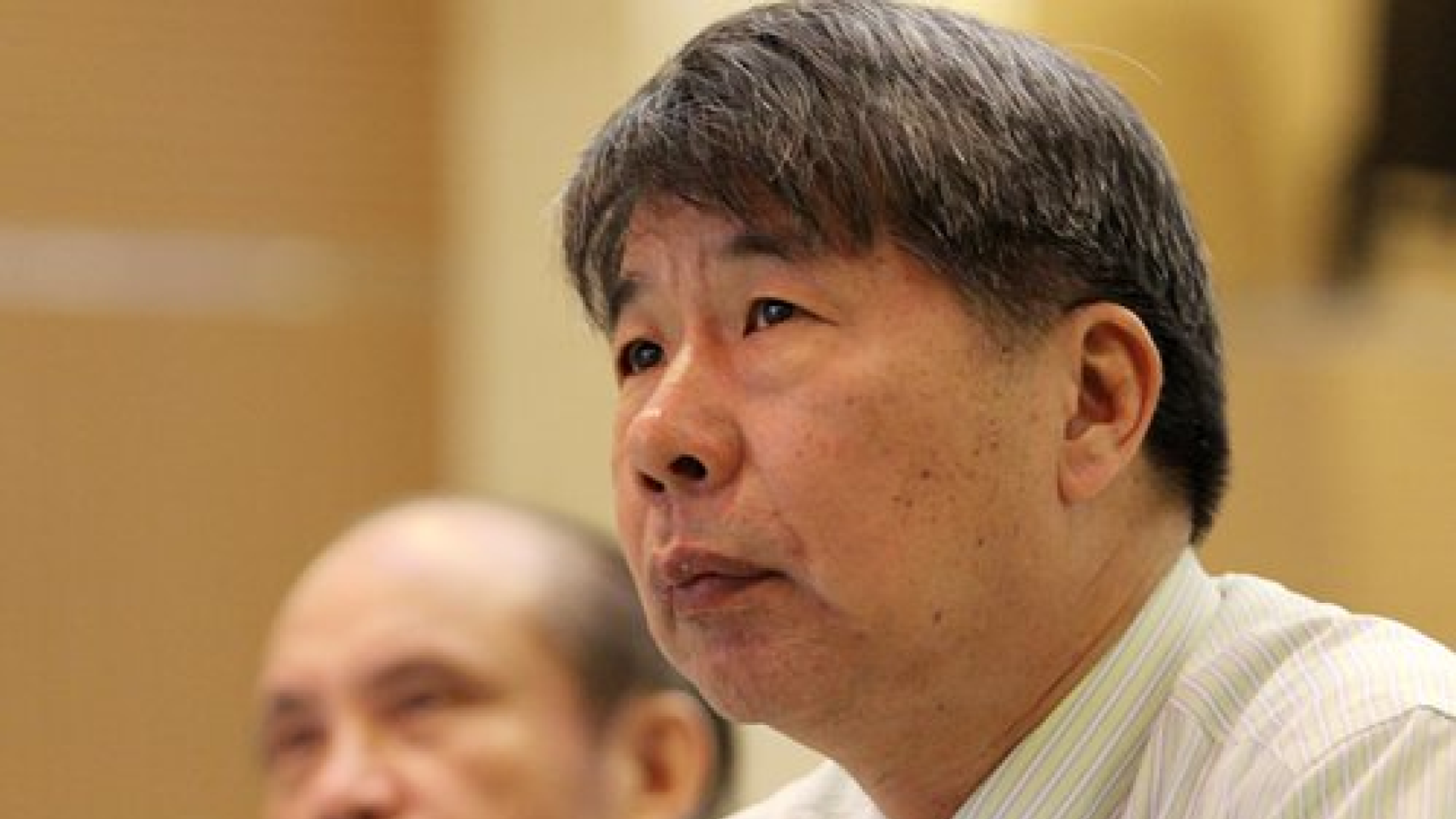Pro-Reunification Candidate Chang Ya-chung Edges Ahead as Chairman Election in Taiwan’s KMT Nears
23:22 GMT 21.09.2021 (Updated: 12:42 GMT 19.06.2023)
Subscribe
A candidate for leader of the Chinese Nationalist Party, or Kuomintang (KMT), who supports peace talks with mainland China has pulled ahead in the polls just days before party elections are to be held, meaning one of Taiwan’s two major parties could soon be chaired by a pro-unification figure.
According to recent polls cited by the South China Morning Post on Monday, Chang Ya-chung is the most likely of four candidates to win the KMT chairman election. The 66-year-old, who heads a non-governmental organization named after Chinese republican hero and KMT founder Sun Yat-Sen, has pulled ahead after a televised debate earlier this month in which he unapologetically defended cross-strait peace with the People’s Republic of China (PRC).
Chang reportedly emphasized Taiwan’s Chinese identity during the debate, urging that the KMT should return to its foundational principles and saying that both recent party leaders, as well as the ruling Democratic Progressive Party (DPP), had led the country astray, according to New Bloom.
He urged that rather than follow a policy of closer association with the United States or independence, as DPP leader and Taiwanese President Tsai Ing-Wen has done since 2016, or as some of his rival candidates have suggested, he would look to end hostilities across the Taiwan Strait. Before seeking eventual reunification, Chang would look for cooperation opportunities in other areas, as he did earlier this year, when he championed an ultimately unsuccessful effort to import 10 million Chinese COVID-19 vaccines.
Chang further elaborated on his position on Tuesday, releasing a seven-point statement he said would “arouse the party spirit” and revitalize its success, which has waned in recent years and reduced the party’s membership to just 375,000.
According to the SCMP, Chang’s performance won over much of the party’s “deep blue” membership, or older members who hope for reconciliation with the PRC instead of independence and who form a majority of the party. However, polls cited by Taiwan’s Central News Agency reported that just 8% of the island’s population support reconciliation.
Taiwan, which is formally named the Republic of China (ROC), is all that remains of the republican government that ruled China from the collapse of the monarchy in 1912 to the victory of the communist revolution in 1949. However, Taipei has never conceded victory to the Communist Party of China or recognized the PRC’s legitimacy, continuing to claim it is the sole legitimate representative of the Chinese people.
The PRC government in Beijing believes the same about itself, and sees Taiwan as a Chinese province in rebellion against its rule, supported by foreign powers like the United States that are intervening in Chinese internal affairs. As US support for Taiwan has increased in recent years, Xi has redoubled commitment to reunification, saying last month that "resolving the Taiwan question and realizing China's complete reunification is a historic mission and an unshakable commitment of the CPC.” By contrast, his administration has made clear that a declaration of independence by Taipei will mean war.
Chang’s rivals include incumbent Johnny Chiang, a member of parliament who favored balancing cross-strait cooperation with a strong relationship with Washington; Cho Po-yuan, a former magistrate from Changhua County who urged a return to the 1992 Consensus between Taipei and Beijing and who said he would invite Chinese President Xi Jinping to visit the island; and Eric Chu Li-lian, the mayor of New Taipei and a former party chair. Chu called for strengthening ties with the US and reopening the KMT office in Washington, but didn’t dismiss the importance of cross-strait relations.
One poll, conducted Tuesday by Taiwanese news outlet Apple Daily, found that Chang had a narrow lead over Chu with 37.5% support compared to 37.3%, with Chiang coming in third with 24% support and Cho in fourth with just 0.9%. Another conducted by TBVS cable news network last week had the four candidates in the same ranking, but with a slightly different spread of support.

